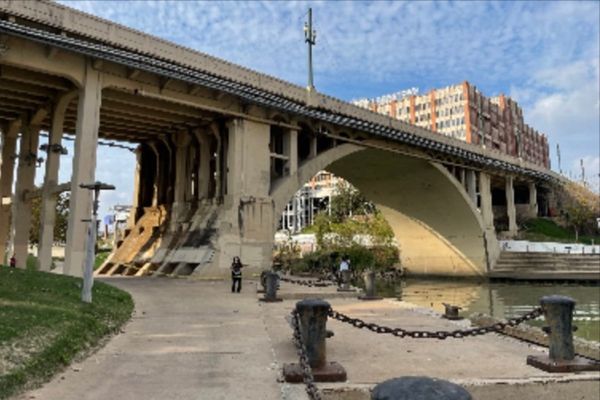
As reported by the Guardian, Australia is seeking to strengthen its defence relationship with Indonesia, despite well-documented human rights abuses by the Indonesian military in West Papua.
As tens of thousands of West Papuan civilians are turned into refugees in their own land and innocents are allegedly tortured and gunned down by Indonesian soldiers, Australia is embarking on further training and support for the Indonesian military and its counter-terrorism police.
Human rights considerations appear to have been pushed down the list of diplomatic priorities.
Indeed, it is an open secret in the defence department that some would welcome an even closer relationship than is currently being negotiated with Indonesia. The view is that the more defence cooperation Australia has with regional neighbours, including Indonesia, the safer it would feel should tensions between the US and China spill over into open conflict.
A formal military alliance with Indonesia – which would enact mutual national security obligations – is unlikely, however, because Indonesia still harbours suspicions about Australia as a trusted friend after the 1999 Timor-Leste intervention. Indonesia is also wary of being drawn into a war not of its choosing, and its military orientation is still largely internally focused.
Indonesia has undergone significant reforms since the Suharto era. It has regular, transparent elections, a free and fairly robust media and, outside West Papua, a military that has also undergone some reform.
Yet “money politics” continues to prevail in Indonesian politics, restrictive legislation has been passed in recent years and there remains huge disparities in wealth. Further, the Indonesian military effectively ceased its own, incomplete, reform process around 2007.
The military may be under civilian control, but it continues to fund some of its activities through its own business interests. Its minister, Prabowo Subianto, is a former military hardliner with extensive human rights skeletons rattling around his own closet.
Critically, too, Prabowo is running a very close second to Ganjar Pranowo for Indonesia’s 2024 presidential elections. With both candidates having less than 30% support, a solidifying of the presidential race over coming months could see Prabowo take the lead.
A man widely accused of being a human rights abuser could become the president of the country Australia wants to be closer to.
The calculation behind Australia’s closeness to Indonesia focuses on China’s assertive strategic reach. China has very close relations with Myanmar, Cambodia and Laos, and has recently extended its illegal claim – and built up its bases – in the South China Sea. It has also been building stronger relationships in the Pacific as well as south Asia and east Africa, in what is referred to as the String of Pearls strategy.
Closer to home, China signed new economic and defence agreements with Timor-Leste this week. This follows China’s earlier, high profile investments in diplomacy and defence cooperation with the young nation.
After 15 years of overspending, and its oil-base sovereign wealth fund running dry, Timor-Leste’s economy is expected to run out of money in about a decade. Australia’s small neighbour is now looking for any new friends that might assist with a soft economic landing.
Timor-Leste also sees its strategic security being enhanced by having several powerful friends, rather than being dominated by one or two countries. China ticks a few important boxes.
Australia regards China’s diplomatic, economic and strategic reach in the region with considerable discomfort and some alarm. This has caused reflection on how Australia has taken for granted and sometimes abused regional relationships. After a couple of decades of trashing many of them, Australia is now playing diplomatic catch-up.
Part of this catch-up is for Australia to not further alienate countries it wishes to have as friends and strategic partners. Hence Australia is reluctant to question, much less criticise, Indonesia on human rights grounds.
The longsuffering people of West Papua, marginalised and abused in their own land, are therefore being sacrificed on the altar of realpolitik.
Damien Kingsbury is an emeritus professor at Deakin University and has published widely on regional political and security issues







